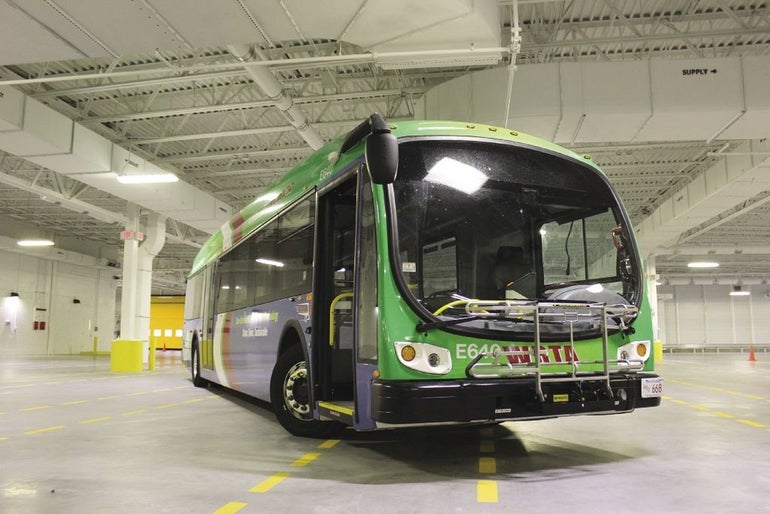A new report by the Worcester Regional Research Bureau, Inc. encourages the Worcester Regional Transit Authority to continue with its fare-free program, arguing the cost of collecting fares would be more expensive than simply not having them.
“Paths towards continued fare-free should be seriously considered by the WRTA,” said the report, which WRRB published in March and pushed out on Wednesday.
Since March 2020, riding the buses operated by the Worcester Regional Transit Authority has been free of charge. Fare-free rides were implemented as a result COVID-19, and the program has been extended multiple times through June 2023, when it is set to expire unless the WRTA Advisory Board again extends the program.
The new report builds on WRRB’s 2019 examination of the WRTA’s finances and exploration of fare-free ridership called “The Implications of a Fare-Free WRTA” and the 2020 follow-up “Bureau Brief—Addendum to “The Implications of a Fare-Free WRTA”. Both reports found that the WRTA should look into free fares. The new report concludes that the fare-free service should continue.
One of the main factors in the new report is the cost of implementing a collection service for fares. Costs for the new mobile payment system the WRTA has agreed to implement alongside the monthly payments to use the new system will outweigh the money collected. The WRTA signed a contract with Masabi LLC, a mobile payment platform used by the likes of the Metropolitan Transportation Authority in New York City and by the Massachusetts Bay Transportation Authority in Boston, to pay the company at least $5,000 a month, or 4.7% of fare revenue after the $2-million mark. The new system was installed by using federal grant money. The WRRB estimates all of this would cost more than what WRTA would receive by collecting fares, while lowering the service’s ridership. Additionally, the administrative costs of the new system could lead to an increase in fares.
The WRRB proposes that the WRTA uses its Coronavirus Aid, Relief, and Economic Security Act (CARES) funds, which has about $22 million remaining and has no time limit on when and how it can be used. The other suggestion is to look into more funding from the state, which the WRRB says under-funds regional transit authorities. There are a number of bills at the state level making their way through the state government trying to increase more funding to the local transit authorities. Another way would be to explore asking local employers and universities to consider partnering with the WRTA to provide funds to enable their employees to use the WRTA bus service, especially if they use it regularly to get to work.
The report lays out the bus service is vital to people in the city. More than 11,000 residents in housing units have no access to a personal vehicle and another 33,000 have one vehicle per home. This means that the WRTA’s buses are these residents’ primary source of transportation.

